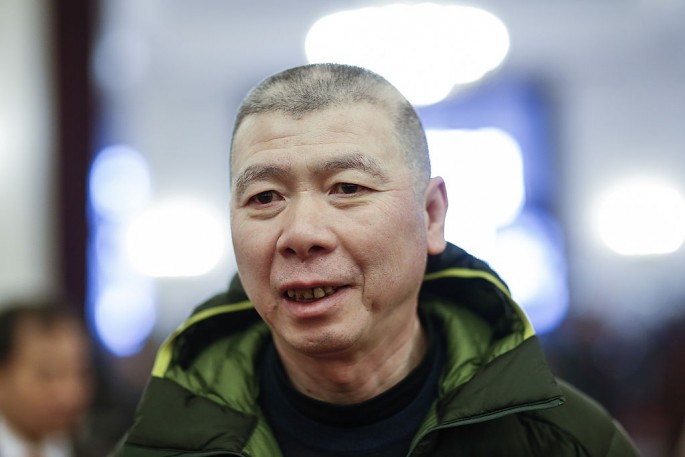A new comedy film directed by award-winning actor Feng Xiaogang does not rely on jokes or witty lines to elicit laughter from viewers. Rather, the humor of “I Am No Madame Bovary” is from the absurd situations it tackles about how the lead character dealt with legal challenges over 20 years.
The movie, which is also in line with Chinese President Xi Jinping’s anti-corruption campaign, focuses on the travails of Li Xuelian, a woman from the countryside who was falsely accused by her husband of having an affair. To defend herself, Li – played by Fan Bingbing – moves from her small town to the big city until she reached the capital.
As Li defended herself, her case shook up local governments and caused some government officials to lose their jobs.
Global Times reported that “I Am Not Madame Bovary” has some similarities to “The Story of Qiu Ju,” an award-winning movie from Golden Lion, directed by Zhang Yimou. Feng used scenes from that movie by projecting it as a round circle on the movie house’s rectangular screen.
The film reunites Feng with writer Liu Zhenyun, whom he last collaborated with in the 2012 movie “Back to 1942.” The movie is taken from a novel by Liu, a Mao Dun Literature Prize winner.
Feng, a Best Actor awardee from Golden Horse, was last seen in the movie “Mr. Six,” where he played an old gangster in Beijing. But even if the movie combines an award-winning actor, scriptwriter and actress, because of “I Am Not Madame Bovary’s” social message, there are fears its box office performance would be affected similar to “Back to 1942” which earned a profit of 160 million yuan only since its budget was 200 million yuan and box office was 360 million yuan.
In its review of “Back to 1942,” Hollywood Reporter noted that while the movie had some stirring scenes, it lacked emotional impact. The film reconstructed the deadly famine that hit Henan Province when China was at war with Japan in which 3 million Chinese died of starvation, while the Chiang Kai-Shek government looked the other way.



























